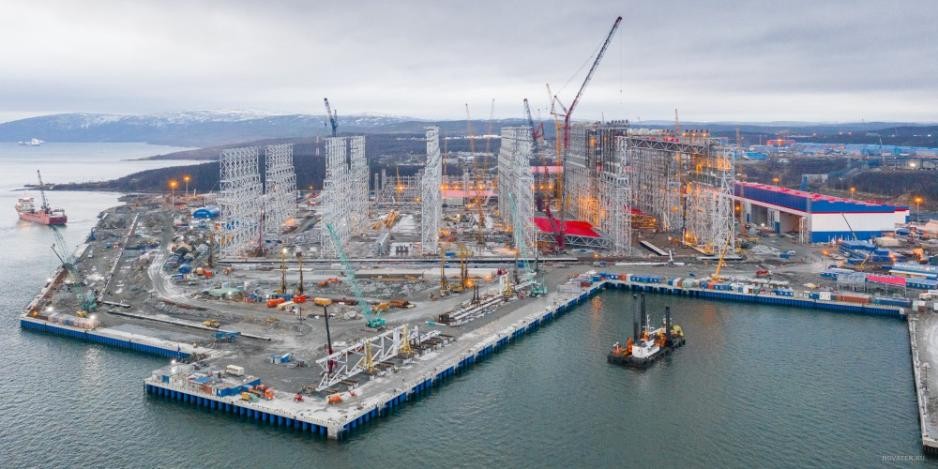 |
| The US has imposed new sanctions on Russia's Arctic LNG 2 project, forcing shareholders to close deals and divest their stakes in the project by January 31, 2024. (Source: Novatek) |
Russia's ambition to capture 20% of the global liquefied natural gas (LNG) market is under threat from new US sanctions on a key LNG export project.
US targets LNG 2 project in Arctic
Earlier this November, the US imposed new sanctions on Russia's Arctic LNG 2 project, forcing shareholders to close deals and divest their stakes in the project by January 31, 2024.
The Arctic LNG 2 project, nearing completion, is seen as central to Moscow's ambition to become the world's fourth-largest LNG producer with exports of 100 million tonnes of LGN per year by 2035 and more than doubling its current 8% share of the world market.
The sanctions do not apply to Russia's existing LNG facilities but are aimed at the country's future production, likely because the US is concerned about disrupting existing gas supplies to allies like Japan and Europe, which are heavily dependent on imported energy.
The Arctic LNG 2 project, to be built on the Gydan Peninsula in northern Russia, will be the third of Moscow's large-scale LNG projects, with a favorable location allowing exports to Europe or Asia.
The Arctic project is expected to start operating its first LNG train in the first quarter of 2024 and, when operating at full capacity, will account for about one-fifth of Russia's total LNG output by 2030.
According to the plan, there will be three trains with an annual output of about 6.6 million tons of LNG each, of which the first train is expected to reach full capacity early next year, the second train to be completed in 2024 and the last train in 2026.
The project is being built largely with Western technology and has European and Japanese shareholders. Novatek owns 60% of the project, with TotalEnergies and two Chinese companies, China National Petroleum Corporation (CNPC) and China National Offshore Oil Corporation (CNOOC), each holding 10%. The remaining 10% is held by Japanese trading house Mitsui & Co and the state-owned Japan Metals and Energy Security Corporation (Jogmec).
Western sanctions on technology exports to Russia forced some suppliers for Arctic LNG 2 to pull out earlier this year. But now, with the first train about 90 percent complete and the second about 80 percent complete, China has stepped in to help finish it. Russia does not have the technology or expertise to build an LNG plant on its own.
Still "favoring" allies?
The new US sanctions will have the first and biggest impact on Japan, which is almost entirely dependent on imports to meet its energy needs. Mitsui’s stake in North Pole LNG 2, in a joint venture with state-owned Jogmec, gives Japan 2 million tonnes of annual output from the project.
It is conceivable that Japan, a key US ally, will be granted some sanctions relief. For example, Japan’s Mitsui and Mitsubishi retained their stakes in the Sakhalin-2 LNG project even after the world’s second-largest private energy company Shell withdrew and Russia nationalized the project. In the long run, sanctions could benefit existing non-Russian producers, including Australia.
The US has benefited from LNG sales as energy demand in Europe has soared after much of the continent decided to end its dependence on Russian pipeline gas. Russia currently has the world’s largest gas reserves, followed by Iran, Qatar, Saudi Arabia and the US.
If Russia's LNG export capacity is limited, this already relatively tight market will not be affected much for the next few years before the next new production volumes appear in the second half of this decade.
China's Opportunity
China, already a major buyer of Russian LNG, could bypass the sanctions and become a major customer of the Arctic LNG 2 project, as well as provide technology to build the third train.
But, learning from Europe, Beijing will likely be wary of Moscow weaponizing energy and becoming overly dependent on Russia. China will also likely be aware that the US and its allies have the ability to sanction companies that help Moscow build sanctioned infrastructure.
That could hit Chinese energy companies, which operate globally and have long-standing relationships with Western companies and economies.
The US targeting only future Russian LNG exports is consistent with its longstanding energy sanctions strategy, which aims to reduce Moscow’s revenue from current production while maintaining its oil and gas export volumes on world markets.
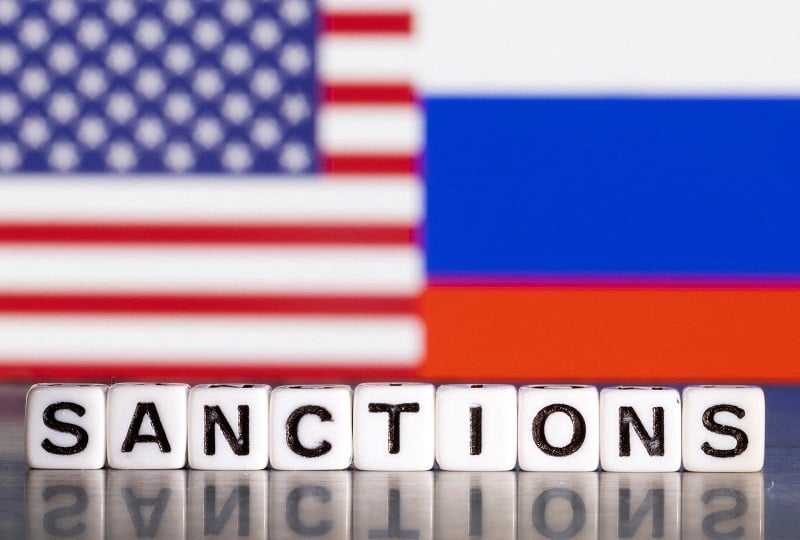 |
| Despite sanctions, Russia's oil and gas revenue in October 2023 was more than double that of the same period last year. (Source: Reuters) |
Thanks to warmer-than-usual weather and significant LNG imports from the United States and Russia, Europe was able to keep its lights and heat on last winter despite losing the Russian pipeline gas that used to supply 40% of the continent's needs.
Russian LNG imports into Europe, mainly via Spain and Belgium, as these two countries have the necessary ports and re-liquefaction facilities, increased by 40% compared to pre-conflict levels in Ukraine (February 2022). These countries are the energy gateways for larger economies such as France and Germany.
Europe will be able to get through another winter without blackouts or excessive throttling, with gas reserves at nearly 96% of capacity and plenty of additional LNG import terminals under construction.
Ineffective punishment?
The US, concerned that sanctions by the Group of Seven (G7) leading industrialized nations, along with Australia, on Russia's current oil production being bought up by shipping companies and the "gray fleet" of tankers, has also signaled that it will tighten sanctions on Russian oil exports.
Moscow's growing oil export revenue has led Western countries to believe that Russian oil is being exported at prices higher than the $60/barrel price ceiling imposed by the G7.
The US Treasury Department recently sent notices to 30 ship management companies, seeking information on about 100 vessels that it suspects are violating sanctions.
That is in line with U.S. Treasury Secretary Janet Yellen’s warning last month that Washington and its allies were about to ramp up sanctions enforcement. The announcement represents a step toward the first enforcement action since sanctions on Russian oil were imposed last year.
Russia's oil and gas revenue in October 2023 more than doubled compared to the same period last year, thanks to continued production cuts by Saudi Arabia and Russia as well as the war in the Middle East.
Despite the conflict in Israel and Gaza and the potential for instability in the wider region, oil prices hit a September high of more than $96 a barrel and are now trading above $82 a barrel.
These are sanctions that apply to Russia's current revenue sources, while sanctions on the Arctic LNG 2 project are aimed at limiting Moscow's future income.
Source



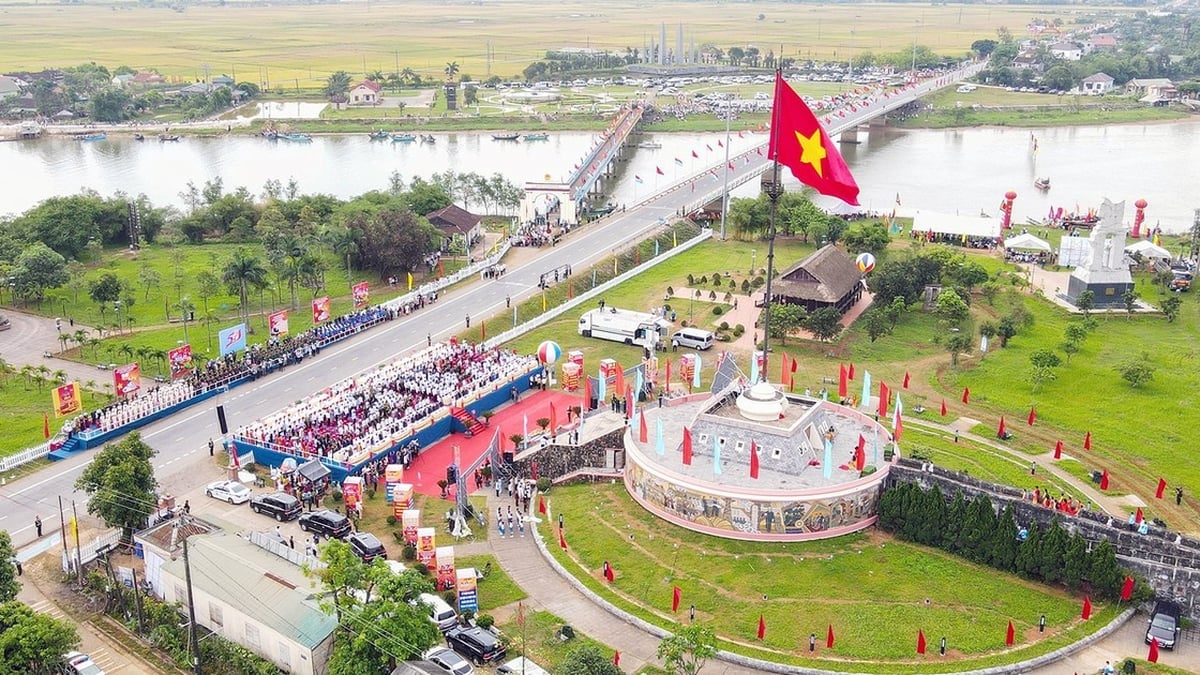
![[Photo] Prime Minister Pham Minh Chinh receives Mr. Tomas Heidar, Chief Justice of the International Tribunal for the Law of the Sea (ITLOS)](https://vphoto.vietnam.vn/thumb/1200x675/vietnam/resource/IMAGE/2025/5/6/58ba7a6773444e17bd987187397e4a1b)


![[Photo] Prime Minister Pham Minh Chinh chairs the regular Government meeting in April 2025](https://vphoto.vietnam.vn/thumb/1200x675/vietnam/resource/IMAGE/2025/5/6/48eb0c5318914cc49ff858e81c924e65)
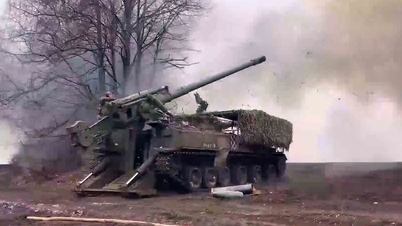

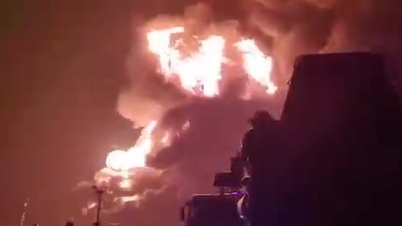

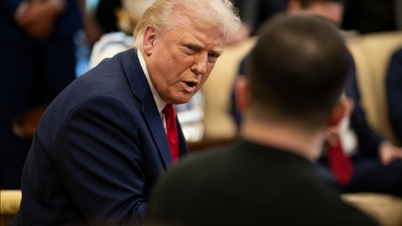
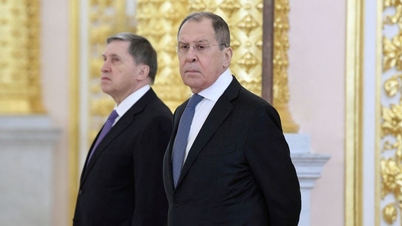
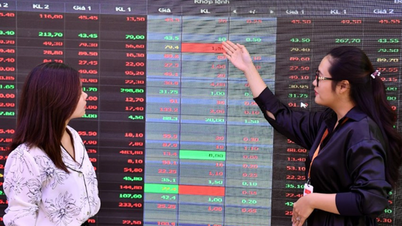

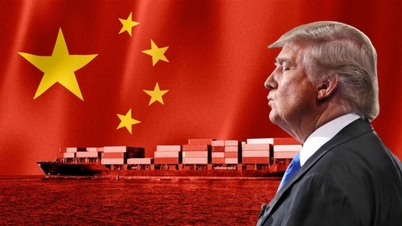




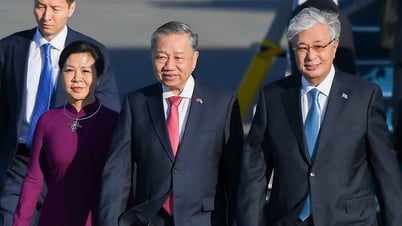








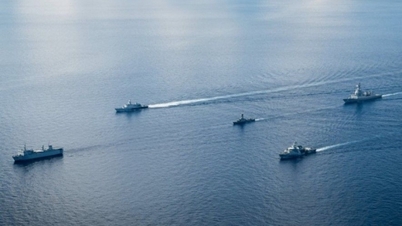





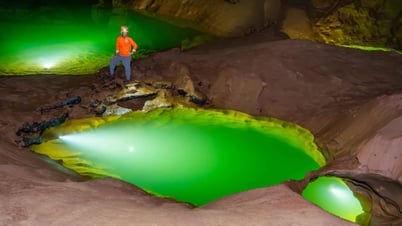






















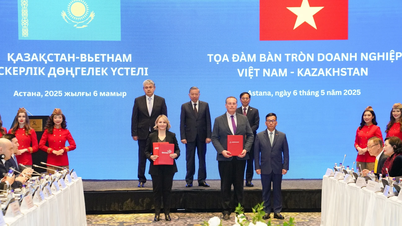






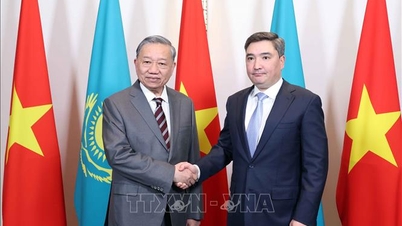


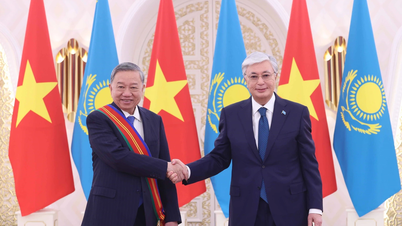
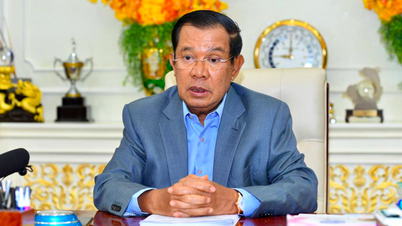








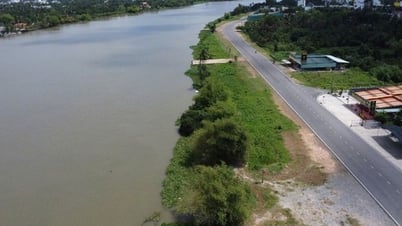

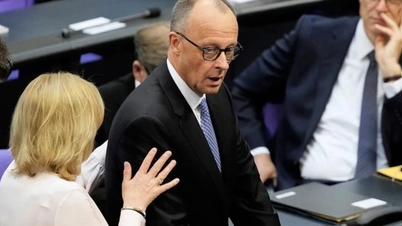



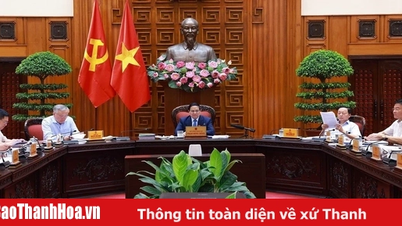















Comment (0)